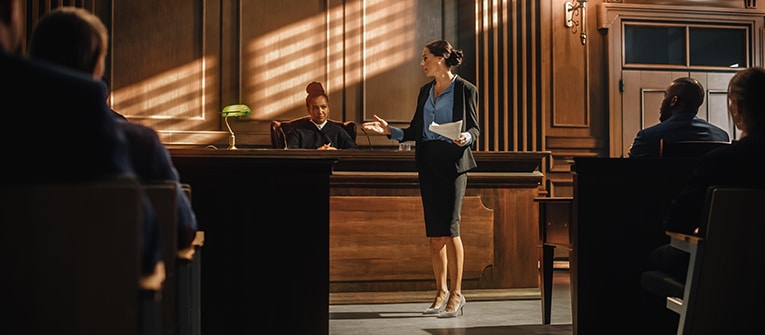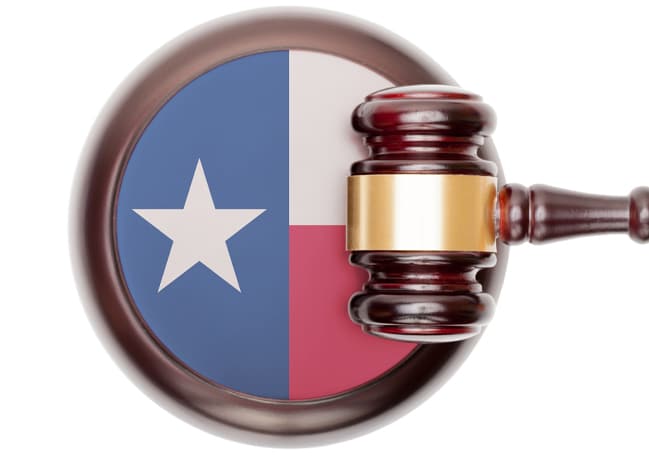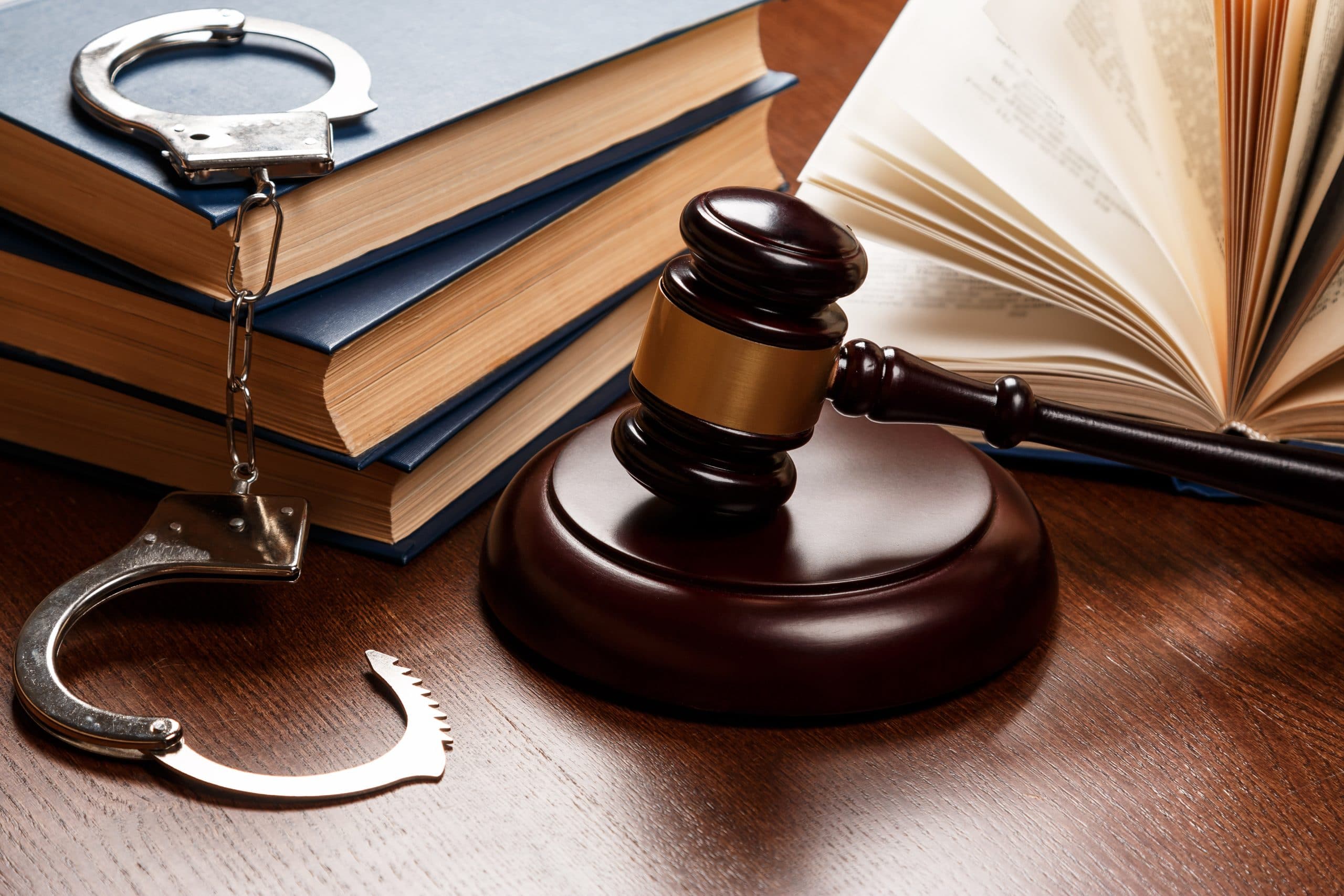
Criminal Justice in Texas: Opening and Closing Statements
The role of persuasion and advocacy in a criminal trial
Opening and closing speeches on TV and film are often very dramatic. Many people think that a closing statement can mean the difference between an acquittal and being found guilty. While the real world isn’t usually as dramatic, both opening and closing statements can indeed make a huge difference. Opening statements set the tone for the criminal case. They’re the lawyer’s first chance to inform and persuade a jury. Closing speeches place all the evidence and testimony in context. For a defense lawyer, closing speeches are the last opportunity to explain exactly why the prosecution has not proved its case beyond a reasonable doubt.
At Mary Beth Harrell Law Firm, our criminal defense lawyers have been fighting for the accused for 25 years. Founding attorney, Mary Beth Harrell, worked as a prosecutor before starting her defense firm in Killeen, so we know how the “other side” operates in a criminal case. Our lawyers skillfully craft both opening and closing statements that are designed to show the flaws and weaknesses in the prosecution’s case. We understand how to select juries, how to present evidence before juries, and how to persuade juries through opening and closing statements.
What is the purpose of the opening statement in a criminal case?
According to the Texas Judicial Branch, opening statements provide that: “Each lawyer will explain the case, their client's position, the evidence that they expect to present during the trial to support their claims and defenses, and the issues that you [the jury] will be called upon to decide. These statements are not evidence and should not be considered as such.” Many jurors do have initial impressions even before any statements are made. One of the purposes of the opening statement is to try to get the juror to disregard those initial impressions so the juror will listen to the evidence impartially.
What is the purpose of the opening statement in a criminal case?
According to the Texas Judicial Branch, opening statements provide that: “Each lawyer will explain the case, their client's position, the evidence that they expect to present during the trial to support their claims and defenses, and the issues that you [the jury] will be called upon to decide. These statements are not evidence and should not be considered as such.” Many jurors do have initial impressions even before any statements are made. One of the purposes of the opening statement is to try to get the juror to disregard those initial impressions so the juror will listen to the evidence impartially.
What is the purpose of the closing statement in a criminal case?
According to the Texas Judicial Branch, closing arguments are each lawyer’s final plea to the jury as to why their client (the government/the defendant) should prevail. The lawyers will summarize the evidence that was presented. They will try to persuade the jury that their client’s position is correct. (Jurors should listen to the closing arguments with the understanding that the statements are not evidence.)
Unlike the opening statements which focus on what the evidence will show, the closing statements are when the lawyers argue what the evidence actually did, or did not, show. Our lawyers work skillfully and artfully to persuade the jury that our version of the facts, the evidence presented, is the correct version.
When is the closing argument presented?
Before the closing statements are made, the judge instructs the jury about how they are to decide the case. Both the prosecution and defense can suggest specific instructions for the judge to consider. These instructions inform the jury about the charges, specific laws regarding the charges, and the overall dos and don’ts for deciding the defendant’s case. The instructions will include the specific questions the jury must answer. The jury then deliberates each of the charges until a decision is made for each charge.
After the instructions are completed, the lawyers for the prosecution and the defense can present their closing statements.

What are the key considerations in presenting opening and closing statements?
Our criminal defense lawyers are skilled at using the opening statement to:
- Establish credibility by showing our understanding of the facts and our confidence in your case without under-delivering or over-promising.
- Address the flaws in our client’s case head-on. Generally, it’s better to hear the weaknesses in your case from our lawyers than the prosecution’s lawyers.
- Explain who we are, our purpose, and then discussing the key issues the jury will decide. In some cases, we may even use visual aids to help speak to the jury.
- Discuss the points and arguments the prosecution makes in its opening statement.
- Reach out to the jury in a personal way instead of just reading and outlining the evidence.
- Help the jury understand any complex issues and showing the jury how the evidence should lead to an acquittal.
We create powerful opening and closing arguments before the case even starts and have the skills to adjust based on any new developments.
Do you have a criminal defense lawyer near me?
We meet clients at our office in Killeen, located at 701 W Central Texas Expressway. We also meet clients who are detained while their case is pending, and offer phone and video consultations.
Rest assured, we do all the preparation work necessary before and during the trial to make the strongest opening and closing statements possible.
Contact our experienced Killeen criminal defense trial attorneys now
Here at the Mary Beth Harrell Law Firm, we fight to obtain dismissals of criminal cases before your trial date. We negotiate plea bargains when they’re in your best interest, and only if you agree. We’re always ready to try your case before a jury of your peers. In our experience, jurors do listen to every statement made in the courtroom by judges, witnesses, the defendant (if called to testify), and the lawyers. Let us help. Contact us today by phone or by filling out our contact form. Our criminal defense lawyers in Killeen and Copperas Cove assist clients throughout all of Central Texas, including Temple, Belton, Copperas Cove, Harker Heights, and Waco, as well as McLennan, Coryell, and Bell Counties.

